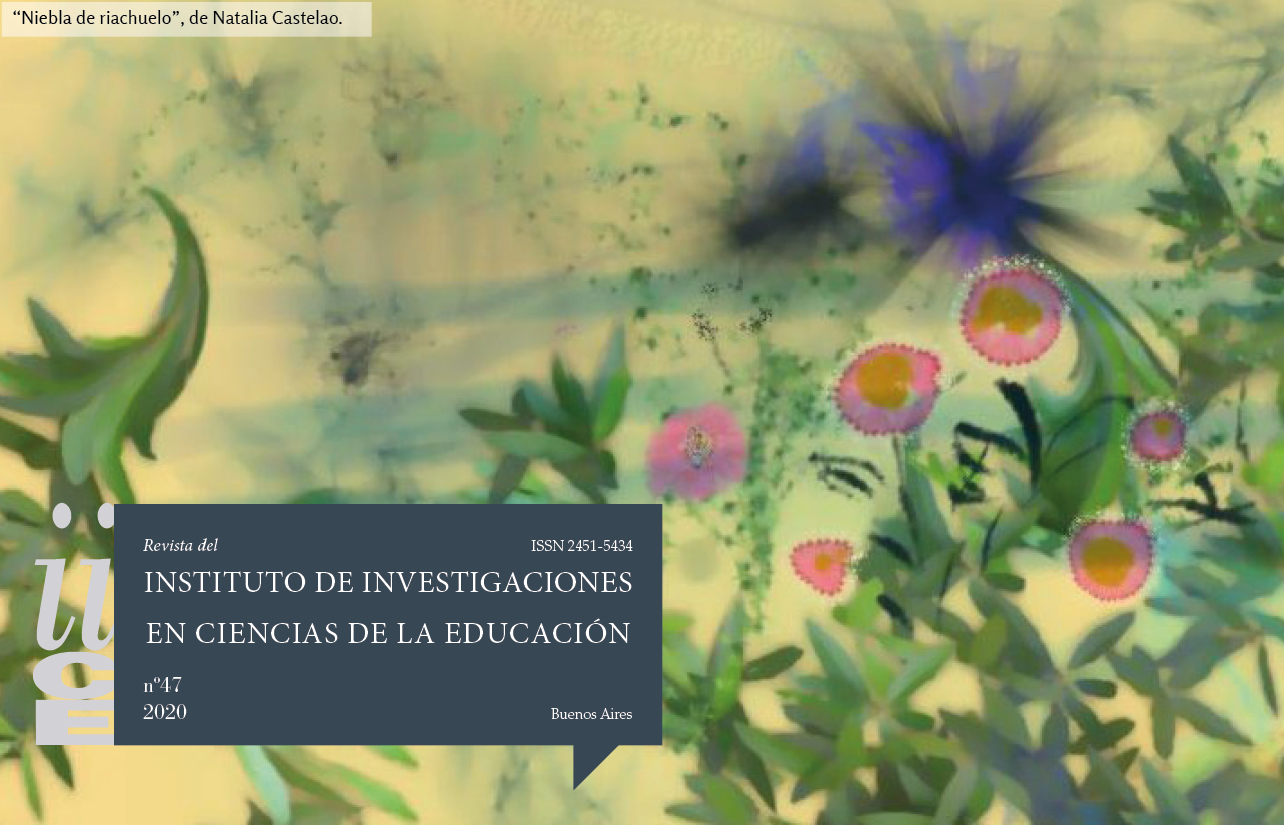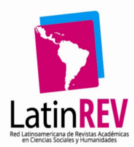The Assisted School Trajectory: between the heterogeneous classroom, the Aprender tests and a bit of self-help. Daily tensions of the New Academic Regime for secondary schooling (Córdoba, Argentina)
Keywords:
academic regime, secondary schooling, assisted school trajectory, assessment, self-help
Abstract
Reforms to the academic regime of the secondary school occupy a central place in the educational agenda. Varying the school format is assumed from the National Education Law as a central strategy to ensure inclusion in secondary school. In this article we focus on the New Academic Regime (NAR) promoted in “pilot mode” by the Ministry of Education of the Province of Córdoba in 2018. The study in case is developed in one of the 76 schools that in 2018 began the enactment of this policy. The secondary school is located in a City-Neighborhood of Córdoba, characterized by the socio-educational vulnerability of its enrollment. From the contributions of Social Regulation Theory, we analyze the assisted school trajectory as an inclusion mechanism that is stressed by various assessment instruments, like, standardized and external evaluation, such as the Aprender tests. We propose that such tensions involve the search by professors in order to promote learning process in called “heterogeneous classroom”, as well as to respond to the requirements that the evaluations print to the teaching work. Between both the stories of self-help appear in the school scene as ways of facing the challenge of guaranteeing inclusion by appealing to individual wills about what is wanted and what can be done by the students.Downloads
Download data is not yet available.
Published
2020-11-30
How to Cite
Bocchio, M. C., & Grinberg, S. M. (2020). The Assisted School Trajectory: between the heterogeneous classroom, the Aprender tests and a bit of self-help. Daily tensions of the New Academic Regime for secondary schooling (Córdoba, Argentina). Revista Del IICE, (47), 63-81. https://doi.org/10.34096/iice.n47.9638
Issue
Section
Dossier: La educación secundaria frente a los desafíos de la obligatoriedad II











